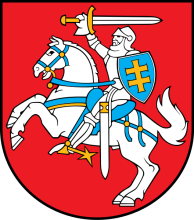Resource information
This Law regulates the modalities of keeping the register of immovable property, including the plots of land. Register of immovable property has as its purpose data collection with a view of granting access to information to the consumers. Immovable property shall be considered plot of land with the constructions located thereon and plots of land. Formation of the plots of land shall be completed after the registration thereof in the register of immovable property. The boundaries of the plots of land shall be established after cadastre measurement, mapping and placing of landmarks. Register of immovable property shall contain the following data on the plots of land: (a) purposeful use of land; (b) land area; (c) arable land; (d) state of land reclamation; (e) crop yield for agricultural land; (f) land, forest and water management practices and use restrictions; (g) average market value of the plot of land; (h) boundaries of the plot of land; and (i) location.



